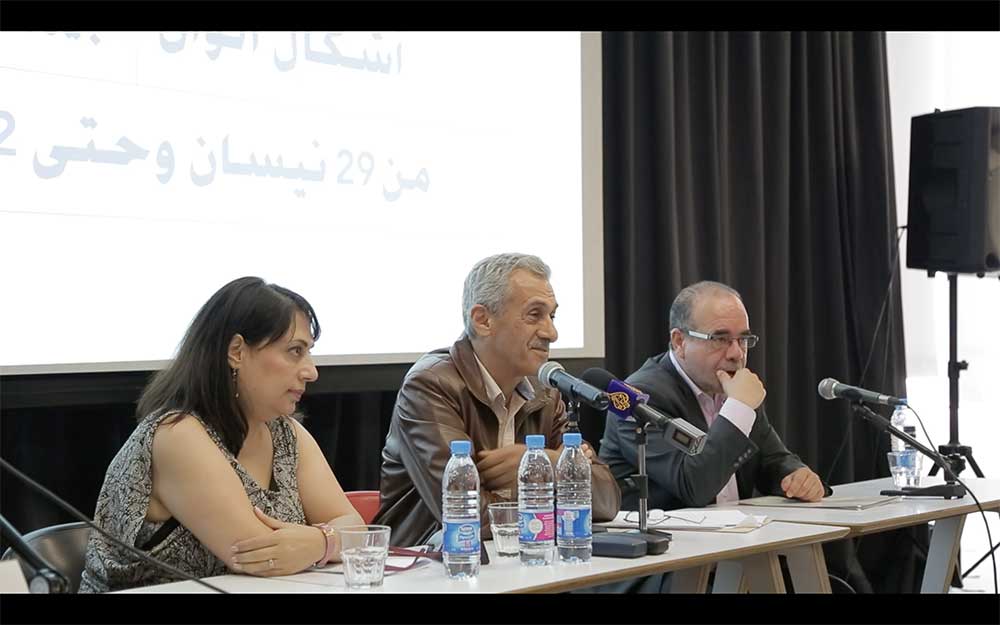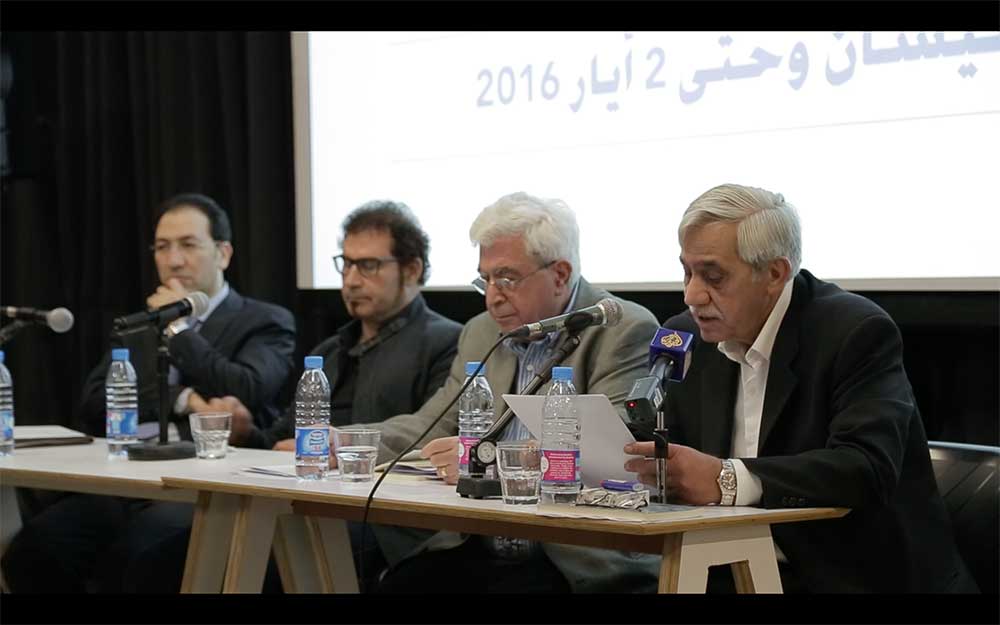The Lebanese Association for Plastic Arts, Ashkal Alwan, is a non-profit organization based in Beirut, registered at the Lebanese Ministry of Interior and Municipalities under 249/AD.
الجمعية اللبنانية للفنون التشكيلية (أشكال ألوان) هي مؤسسة غير ربحيّة مقرّها بيروت، مرخص لها بموجب بيان العلم والخبر الصادر عن وزارة الداخلية والبلديات اللبنانيّة برقم ٢٤٩/أد.





.jpg)


.png)



